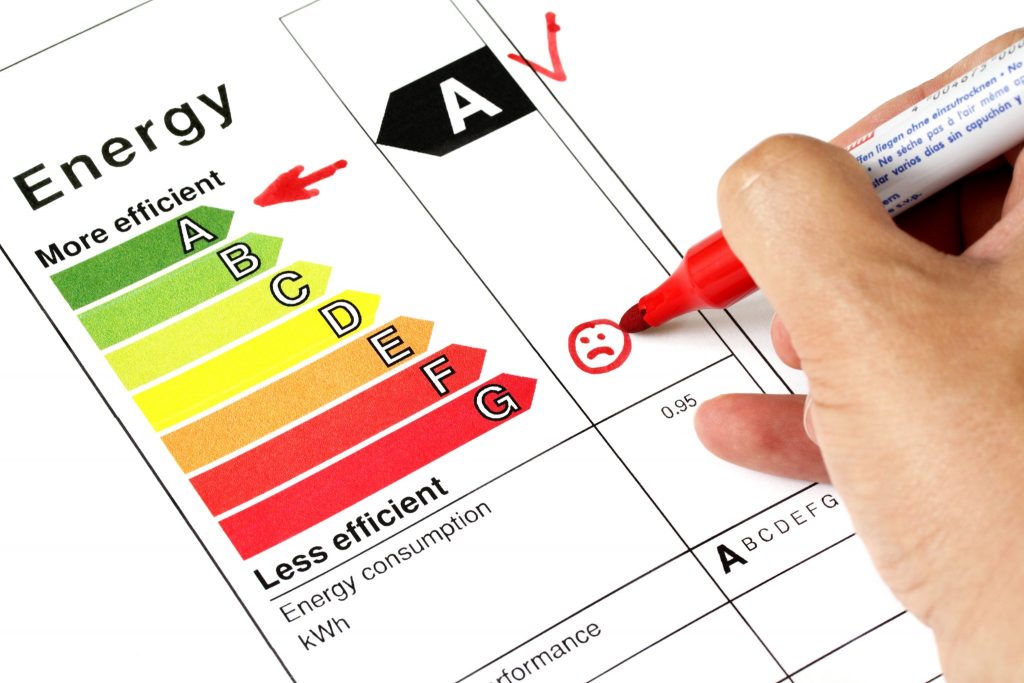
The owners of more than a million poorly insulated homes may be forced to upgrade them before they can be sold to help to meet the government’s climate change targets.
The committee on climate change, which advises the government on the targets, is calling today for urgent action to reduce the amount of energy wasted in homes. It says in a report that government policies set out last year in the clean growth strategy are inadequate to meet the UK’s legally binding targets to reduce greenhouse gas emissions.
It wants the government to try to give homeowners incentives to invest in better insulation, but to make it compulsory if take-up is low. The incentives could include low-interest-rate loans or discounts on stamp duty if a home is upgraded soon after being sold.
The policy would apply to at least 1.2 million homes that are in the bottom two bands, F and G, for energy efficiency. Owners would be required to upgrade them to at least band E.
Heating a band G home can cost more than £1,000 a year more than a band E home. The government is already targeting landlords who rent band F and G homes, requiring them to spend £2,500 on energy efficiency measures.
David Joffe, the committee’s head of carbon budgets, said that it was best to target properties being sold because they were often upgraded at that time anyway. “The least efficient properties are the ones that give the greatest problem to people living in them, in terms of being cold and damp,” he said. “It’s not just about energy cost and emissions.”
The cost of improvements ranges from £300 for loft insulation to £14,000 for external wall insulation for older homes built without cavity walls.
The committee also calls for tougher energy efficiency standards for new homes and says that some have been poorly built and use more energy than the housebuilders claim. Lord Deben, the committee’s chairman, accused housebuilders of doing the absolute minimum in terms of making homes energy efficient.
He also criticised Jeff Fairburn, chief executive of Persimmon, over his expected bonus. “If Persimmon had spent the £112 million it has given to its chief executive on the 18,000 houses that it has built this last year it could have saved very significantly the energy bills of everybody who bought a house and contributed significantly to the reduction in our emissions,” he said.
He called on housebuilders to publish the costs of heating and lighting each new home they sold.
The committee also calls for 55 million trees to be planted in England by 2025, five times more than the government has pledged to plant by 2020, to help to suck carbon from the atmosphere as well as reduce the risk from flooding linked to climate change.
It says 60 per cent of new cars and vans should be electric by 2030, compared with less than 5 per cent now.
Article taken from The Times on 17th January 2018